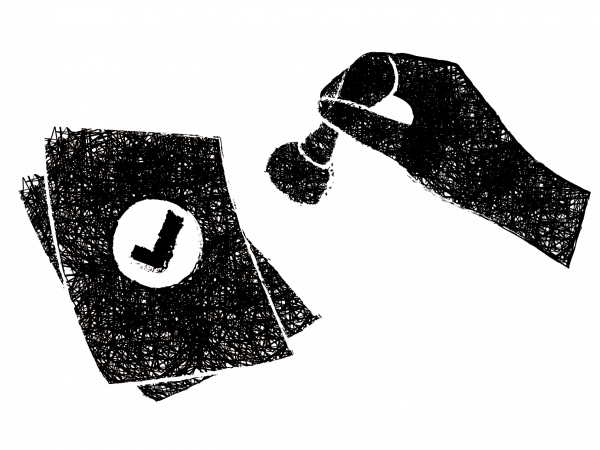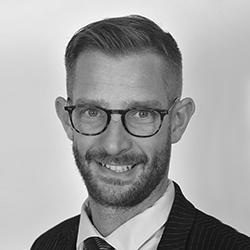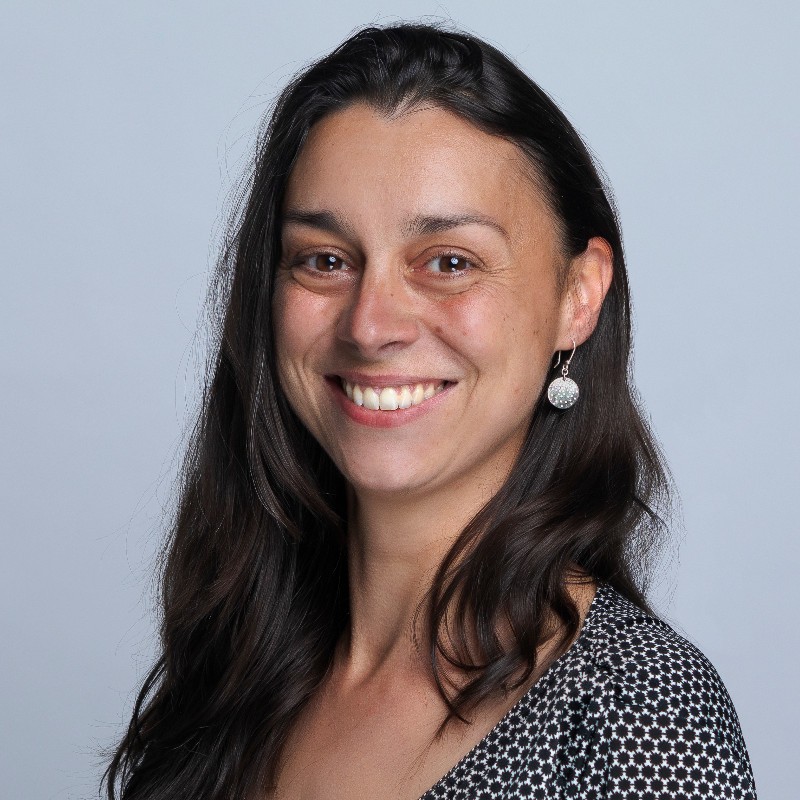- Home
- EN
- Our impact
- ProspeKtive
- Attractivity based working, a new paradigm for desirable environments?

Attractivity based working, a new paradigm for desirable environments?
February 2023
Expert
The hybridization of service work - the ability to work from several different locations - questions the future of the workplace. For a year, a group of twenty experts met regularly to imagine a desirable future. Sometimes allowing themselves utopian reflections, the group built a new vision based on attractiveness and the reconciliation of the different points of view that are today exacerbated by the hybridization of work: how to reconcile individual, managerial, organizational and finally societal considerations?
The first stage of the reflection consisted in qualifying the relationship to work and defining a target vision. The issues surrounding the pace of work were widely addressed: private life - personal life balance; multi-tasking; overwork, etc. At the same time, organizations are finding that their premises are not always optimized in terms of occupancy and are asking themselves the question of dematerialization. Finally, environmental issues are raising questions: what if tomorrow the challenge is no longer to control the impact of our activities but rather to protect ourselves from an environment that has become hostile?
The vision born from these questions is an organization of work based on "project tribes". These tribes are composed and recomposed over time according to the development of the projects. Contributors can have different rhythms: some alternate periods of very intense work with periods of rest, while others choose to work at a more moderate pace and spread their work over all days of the week. These new ways of working together give rise to two types of "neighbourhood buildings": neighbourhood buildings and territory buildings. While the first type of building is embedded in the heart of a community, the second type is set up as an exceptional space in a globalized city.
Neighborhood buildings are composed of different volumes. The most important volumes are those that embody the company's brand and purpose. The volumes that connect the organization to the city are transparent to show what is going on and invite entry. Once inside, the journey is choreographed to immerse in the specificity of the brand image. As a place of contact between the organization and its ecosystem, the connector volumes are intended to become real agoras, places for debate and joint construction of projects. The raison d'être is found in the core volumes, which are added to the previous ones. It is a matter of adding all the spaces that will ensure that the promise is kept and that the service offer (and its associated spaces) is coherent. The premise here is that a work environment is not only composed of work positions, collaboration and social spaces, and that we must review the proportion of space granted to them in favor of spaces that serve the purpose.
The "classic" workplaces constitute project volumes. These are thought through the three prisms that make up a successful work environment: first, physical comfort must be ensured, then functional comfort, and finally psychological comfort. To do this, we must invest in space and offer quality facilities for what they are as much as for their diversity. Then, the uses of these spaces must be liberated. That is to say that everyone should be able to use them in their own way, according to their preferences and needs. Finally, these spaces are managed: it is necessary to anticipate the coming of people, to generate meetings, to create events...
In neighborhood buildings, the project volumes are either dedicated to an organization or shared. This makes it possible to adapt the offer according to the needs of the projects. Different solutions are proposed to allow the customization of these volumes, which can be occupied successively by several groups. Thus, the district building is above all a space of incarnation and potential uses: it is a matter of creating experiences and generating links by working together with a controlled real estate footprint.
To find out more, read our white paper.
Release date: February 2023




